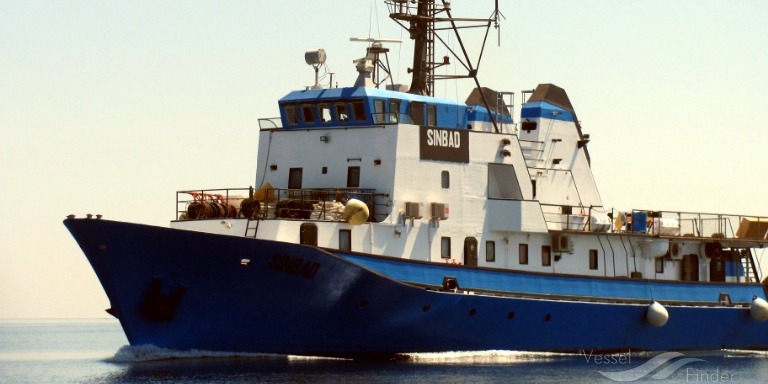31 min read
Vessel Protection - Why where floating armouries created?
The upsurge of piracy in the Gulf of Aden and wider Indian Ocean in 2006 to 2009, led commercial ship owners to...
By: Dryad Global on August 31, 2020 at 11:58 AM

There are three main legal and regulatory angles regarding the people involved in floating armoury operations: labour laws, arms trading laws, and long arm laws.
Here we look in more detail at all three.
The Maritime Labour Convention (MLC) was established through a collaborative international effort to amalgamate the principles of SOLAS and UNCLOS, aiming to provide a safe and secure working environment, fair employment terms, and adequate living conditions for all seafarers.
Seafarers onboard a Floating Armoury (FA) should be safeguarded under the MLC. However, the Private Maritime Security Company (PMSC) personnel accommodated on an FA fall into a different category. While PCASPs are on duty, flag states typically classify them as supernumeraries. Since the MLC specifically pertains to crew members, it may not extend to PCASPs aboard their client vessels.
On the FA, PCASP personnel are typically categorized as either passengers or "industrial personnel," falling under the IMO's classification for Special Purpose Vessels. Consequently, the MLC does not directly apply to them. Therefore, the MLC's jurisdiction over FAs is primarily limited to the crew onboard the FA.
Under the MLC, seafarers are subject to a comprehensive set of regulations, including:
On the FA, PCASP personnel are typically categorized as either passengers or "industrial personnel," falling under the IMO's classification for Special Purpose Vessels. Consequently, the MLC does not directly apply to them.
A number of international laws have provisions that apply to individuals relating to arms trading. While the ATT and the Protocol to the Palermo Convention have been discussed extensively above, the requirements of the ATT (article 10) and the Firearms Protocol (article 13) that states regulate brokering are particularly relevant to FA operations. The bookings and facilitations that occur on an FA could be considered brokering under the arms trading laws and may therefore be regulated under the national laws of either the individuals or the flag state. The concepts of “third country brokering” and “extraterritorial brokering” appear in some national laws and are particularly applicable to FA operations where nationals of different states engage in brokering activities on a vessel flagged in a state of which none of the individuals are citizens.
Protocol to Palermo:
Furthermore, it is essential to recognize that the citizenship of individuals can bring about the application of national laws beyond the borders of the state. This implies that laws concerning criminal activities, arms trading, and other related matters may impact specific individuals on Floating Armouries solely based on their nationality. While the enforcement of these laws falls under the exclusive jurisdiction of the relevant state, it is plausible that one individual could be found in violation of their national law while engaging in activities aboard a Floating Armoury, even if their counterparts' actions are not deemed illegal under their own country's legal framework..
The upsurge of piracy in the Gulf of Aden and wider Indian Ocean in 2006 to 2009, led commercial ship owners to...
The decision by governments in the HRA to eliminate potentially insecure or destabilizing stockpiles of weapons from...
Exploring the inner workings of Floating Armouries, the intricate procedures involved in the initiation, management,...
It is essential to recognize that Floating Armouries (FAs) are fundamentally vessels and are thus subject to a vast...
In this article, we collect the key regulations governing the operation of floating armouries. UNCLOS Articles 17-19...
Delving into the complex operations of Floating Armouries, this mini-series explores the legal framework that governs...
Delving into the complex operations of Floating Armouries, this mini-series explores the legal..
Floating armouries, which store weapons for Private Maritime Security Companies, operate under a..
In this article, we collect the key regulations governing the operation of floating armouries.
Press/media contact
Email Us
General Enquiries
Contact Us Here